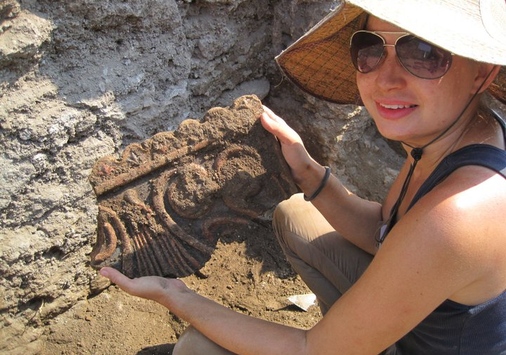Ancient Greek Minor
The minor in Greek focuses on the ancient Greek language within its cultural and historical context, beginning in the 8th century BCE through the 2nd century CE. The study of Greek language enables students to read in the original language works of literature that have deeply influenced the modern world, including Homer, Herodotus, the New Testament, Plato, Hippocrates, orators, and tragic and comic playwrights while also exploring them within their historical contexts and as one important foundation for many modern Mediterranean languages and cultures.
Departmental Guidelines & Mission
The department offers a curriculum that spans nearly 2500 years of antiquity and incorporates the study of four of the major pillars of the discipline of Ancient Greek and Roman Studies: languages, literature, history, and archaeology. Students take courses across this breadth of content and have opportunities to create depth both by focusing their elective choices in one of these areas and by adding minors in either ancient Greek or Latin languages. The curriculum is designed within the interdisciplinary spirit of the liberal arts and is open to all students regardless of previous experience or career aspirations.
We encourage students who may be thinking about a professional career focused on the ancient Mediterranean (for which they will need advanced degrees) in traditional “Classics,” ancient history, archaeology, or museum studies to begin the study of either ancient Greek or Latin as soon as possible and to consult the department chair early to develop a curriculum that will support their applications to graduate programs.









